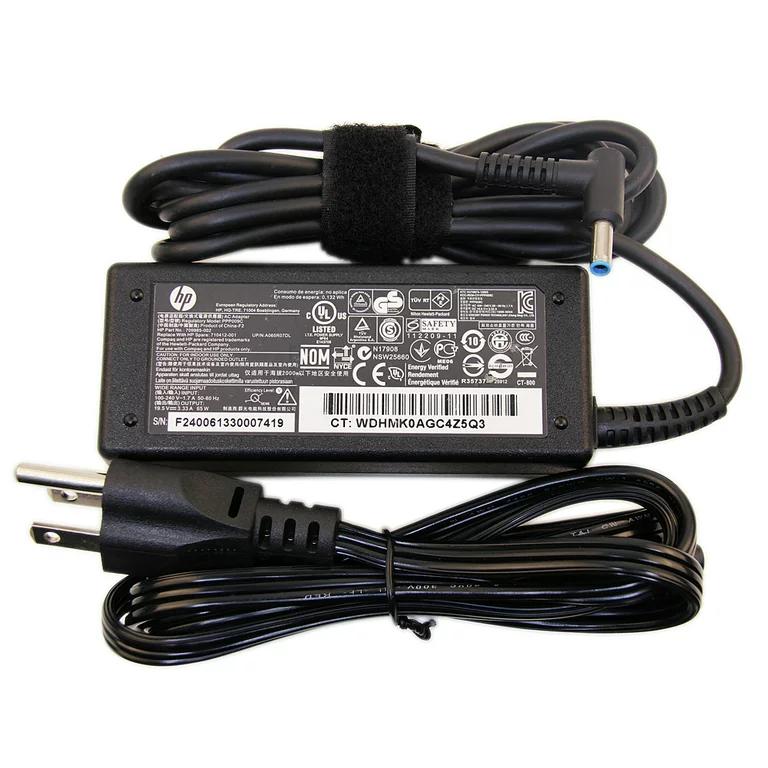When it comes to the tech industry, few names are as well-known as Hewlett Packard (HP). Over the years, HP has made significant strides in the world of hardware production, establishing itself as a leader in the market. However, in its quest for growth and diversification, HP made a major misstep with its acquisition of Autonomy, a British software company.
Why did HP Autonomy fail?
The story of Autonomy's downfall begins in 2010 when Leo Apotheker, the former CEO of SAP, was named CEO of HP. Apotheker had a vision of transforming HP from a hardware producer to a software and services provider. In line with this vision, HP made several acquisitions, including the purchase of Autonomy in 201
At the time of the acquisition, Autonomy was the UK's largest software company, and HP believed that its technology could help propel the company into the software market. However, just a year after the acquisition, HP wrote down the value of Autonomy by $8 billion, claiming that it had been misled and overpaid for the company.
HP alleged that Autonomy had engaged in serious accounting improprieties, misrepresentation, and disclosure failures. These allegations included selling low-end hardware at a loss and recording the transactions as licenses for Autonomy's IDOL software.
Following the write-down, HP launched a legal battle against Autonomy's founder, Mike Lynch, and its former chief financial officer, Sushovan Hussain. In 2019, Hussain was convicted of fraud and sentenced to five years in prison. Lynch, on the other hand, has been fighting extradition to the US to face charges of securities fraud, wire fraud, and conspiracy.
 Hp 21 ink cartridge: high-quality prints & long-lasting performance
Hp 21 ink cartridge: high-quality prints & long-lasting performanceWhat happened at Autonomy?
Autonomy was founded in 1996 by Mike Lynch, a British tech entrepreneur. The company developed software that could extract useful information from unstructured sources such as phone calls, emails, and videos. This technology allowed Autonomy to provide solutions for call centers, customer experience management, and data analysis.
Autonomy experienced rapid growth and became a key player in the software industry. In 2011, HP acquired Autonomy for $11 billion, marking the largest-ever takeover of a British technology business. However, just a year later, HP claimed that it had been deceived and overpaid for Autonomy.
HP alleged that Autonomy had inflated its reported revenues, revenue growth, and gross margins, leading HP to overvalue the company. This discrepancy ultimately resulted in the $8 billion write-down and the legal battle between HP and Autonomy's former executives.

How much did HP pay for Autonomy?
HP paid $11 billion to acquire Autonomy in 2011, making it the largest-ever takeover of a British technology business. However, following the write-down and the legal battle, the true value of Autonomy's acquisition became a subject of contention.
 Resetting your hp account password: a step-by-step guide
Resetting your hp account password: a step-by-step guide
In 2022, the UK's High Court ruled that Mike Lynch had fraudulently inflated Autonomy's value by misleading HP about its performance. The court's ruling marked a significant victory for HP and paved the way for Lynch's extradition to the US to face criminal charges.
The fallout from the Autonomy acquisition has been a costly and turbulent journey for HP. The company has faced significant financial losses, legal battles, and reputational damage as a result of its ill-fated venture into the software market.
The Resolution: Lessons Learned
The Autonomy debacle serves as a cautionary tale for companies seeking growth and diversification through acquisitions. It highlights the importance of thorough due diligence and transparency in assessing the value and integrity of potential targets.
HP's experience with Autonomy also underscores the need for strong corporate governance and oversight. Companies must have robust systems in place to detect and address any potential accounting irregularities or misrepresentations.
 Hewlett packard laptop power supply: troubleshooting & replacement guide
Hewlett packard laptop power supply: troubleshooting & replacement guideUltimately, the Autonomy case reminds us that success in the tech industry requires more than just a bold vision and ambitious acquisitions. It necessitates careful planning, meticulous execution, and a commitment to upholding ethical standards and financial integrity.
- What is Autonomy?
- Why did HP acquire Autonomy?
- What went wrong with the Autonomy acquisition?
- What were the consequences of the Autonomy acquisition for HP?
- What can companies learn from the Autonomy case?
Autonomy is a British software company founded by Mike Lynch in 199It developed software that could extract useful information from unstructured data sources.
HP acquired Autonomy in 2011 to diversify its business and enter the software market. The acquisition was part of HP's strategy to transform from a hardware producer to a software and services provider.
HP alleged that Autonomy engaged in serious accounting improprieties, misrepresentation, and disclosure failures. These allegations led HP to write down the value of Autonomy by $8 billion.
The Autonomy acquisition resulted in significant financial losses for HP, legal battles, and reputational damage. The company had to write down the value of Autonomy and launch a legal battle against its former executives.
 Hewlett packard advertising: a closer look at their marketing strategies
Hewlett packard advertising: a closer look at their marketing strategiesThe Autonomy case highlights the importance of thorough due diligence, transparency, and strong corporate governance in acquisitions. It serves as a reminder of the need to uphold ethical standards and financial integrity in the tech industry.
The Autonomy Hewlett Packard saga is a cautionary tale that emphasizes the risks and challenges companies face when pursuing growth and diversification through acquisitions. HP's ill-fated venture into the software market with Autonomy resulted in significant financial losses, legal battles, and reputational damage. This case serves as a reminder of the importance of thorough due diligence, transparency, and strong corporate governance in acquisitions. It also underscores the need for ethical standards and financial integrity in the tech industry. The Autonomy debacle serves as a valuable lesson for companies seeking success and longevity in the ever-evolving world of technology.

